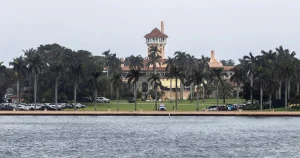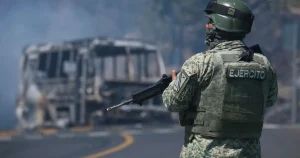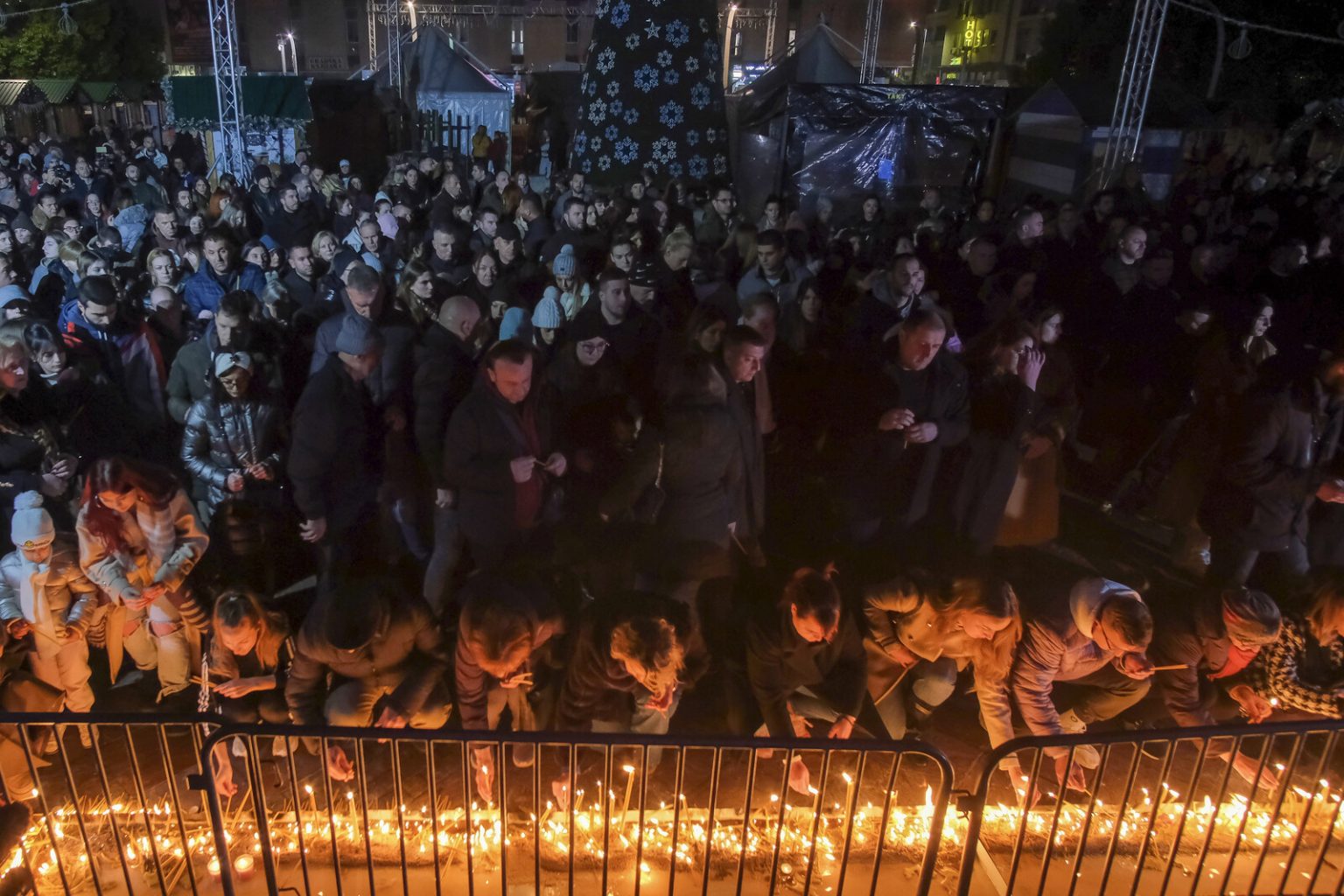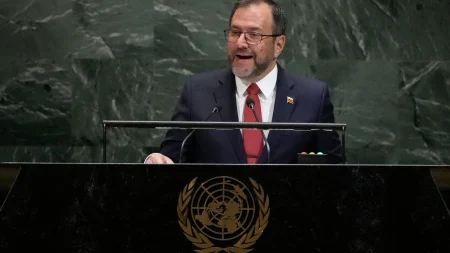Montenegro, nestled in the Balkans and grappling with the aftermath of a devastating mass shooting in Cetinje, has vowed to implement stricter gun control measures. The tragedy, which claimed the lives of eleven people including two children, has ignited a national debate on gun ownership and the urgent need for legislative reform. The government has promised to address the proliferation of firearms, particularly illegal weapons, and to enhance existing regulations to prevent similar incidents from occurring in the future. This commitment involves several planned actions, including strengthening background checks for gun license applicants, reviewing and potentially reducing the number of legal firearms in circulation, and intensifying efforts to confiscate illegally possessed weapons. The nation’s grief and outrage have fueled demands for concrete action, pushing the government to prioritize gun control as a critical national security issue.
The existing gun laws in Montenegro, while seemingly comprehensive, have proven inadequate in preventing gun violence. Prior to the Cetinje shooting, the law required individuals to obtain a permit for firearm ownership, undergo a medical and psychological evaluation, and demonstrate a legitimate reason for possessing a weapon. However, enforcement of these regulations has been lax, leading to a significant number of unregistered firearms in private hands. Moreover, the cultural acceptance of gun ownership, rooted in historical traditions and a perceived need for self-defense, has contributed to the widespread availability of weapons. The government now acknowledges the need to address these systemic weaknesses and move towards a more robust system of gun control that prioritizes public safety. This includes not only legislative amendments but also a cultural shift in attitudes towards gun ownership.
The proposed reforms aim to tighten regulations across various aspects of gun ownership. Enhanced background checks will delve deeper into an applicant’s history, scrutinizing potential indicators of risk such as previous convictions for violent crimes or a history of mental illness. The government is also considering imposing stricter limits on the types of firearms that can be legally owned, potentially restricting access to high-capacity weapons or those designed for military use. Additionally, there are discussions about implementing mandatory safe storage requirements to prevent accidental shootings and unauthorized access to firearms, particularly by children. The success of these reforms hinges on effective implementation and rigorous enforcement, requiring substantial investment in law enforcement resources and training.
Beyond legislative changes, the government is contemplating a broader approach to tackling gun violence, addressing underlying social and economic factors that contribute to the problem. This includes initiatives aimed at improving mental health services, addressing issues of poverty and unemployment that can exacerbate social unrest, and promoting a culture of non-violence through educational programs and community engagement. Recognizing that tackling gun violence requires a multi-faceted strategy, the government intends to collaborate with civil society organizations, community leaders, and international partners to develop comprehensive programs that address the root causes of gun violence and promote a safer society for all citizens.
The path towards effective gun control in Montenegro faces several challenges. The prevalence of illegal firearms poses a significant hurdle, requiring concerted efforts to locate and confiscate these weapons. Changing deeply ingrained cultural attitudes towards gun ownership will also require sustained public awareness campaigns and community engagement. Resistance from gun ownership advocacy groups, who argue for the right to bear arms for self-defense, may also present a political challenge. Overcoming these obstacles will require strong political will, sustained public support, and a commitment to long-term solutions.
The Cetinje tragedy has served as a stark wake-up call for Montenegro, highlighting the urgent need to address the issue of gun violence. While the proposed reforms represent a significant step forward, their success will depend on comprehensive implementation, rigorous enforcement, and a sustained commitment to addressing the root causes of gun violence. The government’s pledge to strengthen gun control laws is not merely a response to a national tragedy, but a commitment to building a safer and more secure future for all Montenegrins. The international community will be watching closely to see how these reforms are implemented and their impact on reducing gun violence in the country, offering a potential model for other nations grappling with similar challenges. The road ahead is challenging, but the determination to create a society free from gun violence provides hope for a more peaceful future.














